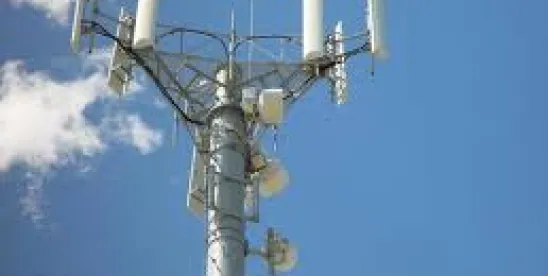Government to Reopen for Three Weeks to Resolve Border Wall Funding Dispute
On January 25, President Trump reached a deal with Congress to temporarily reopen the government for three weeks while discussions continue on funding for a $5.7 billion border wall. Agencies affected by the partial government shutdown, including the FCC and FTC, will work to fully resume operations throughout the week. Since the partial shutdown began on December 22 (Vol. XVI, Issue 2), House Speaker Nancy Pelosi (D-CA) had refused border wall negotiations until the government reopened. In announcing the agreement, Trump stated that a bipartisan congressional committee will spend the next three weeks working to fashion a U.S.-Mexico border security package. Should a “fair deal” not be made by February 15, Trump stated, “the government will either shut down on February 15, again, or I will use the powers afforded to me under the laws and the Constitution of the United States to address this emergency.” We predict Congress will reach a deal that provides at least a portion of President Trump’s funding request for border security and that another government shutdown is unlikely.
Democrats Raise Circuit-Shopping Concern for FCC Small Cell Order
House Energy and Commerce Committee Chairman Frank Pallone, Jr. (D-NJ) and Communications and Technology Subcommittee Chairman Mike Doyle (D-PA) sent a letter to FCC Chairman Pai on January 24, seeking information about communications between the FCC and its licensees regarding the FCC’s Small Cell Order. Various petitions for review of the Order, initially filed in the First, Second, Ninth, and Tenth Circuits, were consolidated in the Tenth Circuit by lottery (Vol. XV, Issue 50). Earlier this month, the Tenth Circuit granted a request to transfer the various petitions to the Ninth Circuit (Vol. XVI, Issue 2). In the letter, Representatives Pallone and Doyle state that it has come to their attention that FCC staff may have inappropriately leveraged the Commission’s regulatory power over licensees to influence them to challenge the Order in an effort to game the judicial lottery system. The Representatives ask that the FCC respond to their questions on the matter within three weeks of the reopening of the government.
FirstNet Interoperability
Former Ohio Department of Public Safety Director and Ohio State Patrol Superintendent Col. Kenneth Morckel released an article in Mission Critical on January 15, addressing LTE interoperability concerns affecting broadband communications between first responders across the nation. In the article, Morckel argues that the First Responder Network Authority (FirstNet) is problematic in that its construct as a single dedicated public-safety network restricts responders’ ability to communicate in emergency situations (Vol. XV, Issue 49). Morckel adds that a plan relying on first responders using a single carrier is not practical, does not consider the realities of state and local procurement processes, and should be resolved while situational awareness and other public-safety technological innovations are currently being developed. Jeff Johnson, executive director of the Western Fire Chiefs Association, authored an op-ed also published in Mission Criticaldisagreeing with Morckel’s claim that FirstNet’s single core will be problematic. Johnson explains the reason for the single-core, stating: “Public-safety leaders did not support then, or now, a patchwork of network cores fragmented across multiple providers like Verizon is now advocating.”
Beyond Telecom Law Blog: “U.S. Regains an Elected Leadership Position at the ITU After 25-year Hiatus”
For the first time since 1994, a U.S. national will serve as a full-time elected official at the International Telecommunication Union (ITU). Please read “U.S. Regains an Elected Leadership Position at the ITU After 25-year Hiatus” by KH Senior Counsel Mike Fitch.







 />i
/>i

